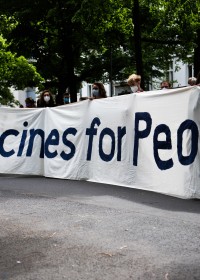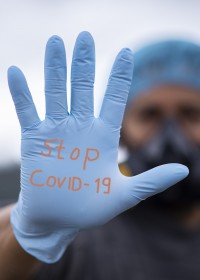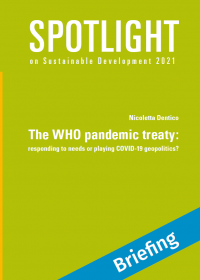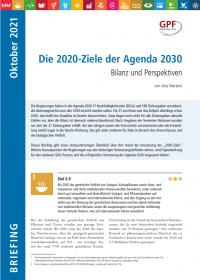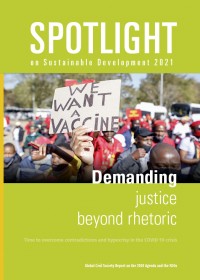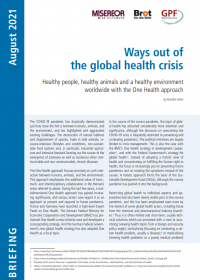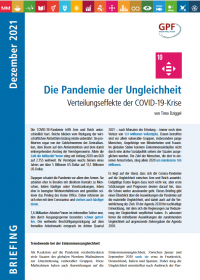
Es liegt auf der Hand, dass sich die Corona-Pandemie auf die Ungleichheit zwischen Arm und Reich auswirkt. Endgültige Daten liegen dazu noch nicht vor, aber erste Schätzungen und Prognosen deuten darauf hin, dass die Schere weiter auseinander geht. Dieses Briefing gibt einen Überblick über die Auswirkungen der Pandemie auf die materielle Ungleichheit, und damit auch auf die Verwirklichung des Ziels 10 der Agenda 2030 für nachhaltige Entwicklung, mit dem sich die Regierungen zur Reduzierung der Ungleichheit verpflichtet haben. Es adressiert [...]

